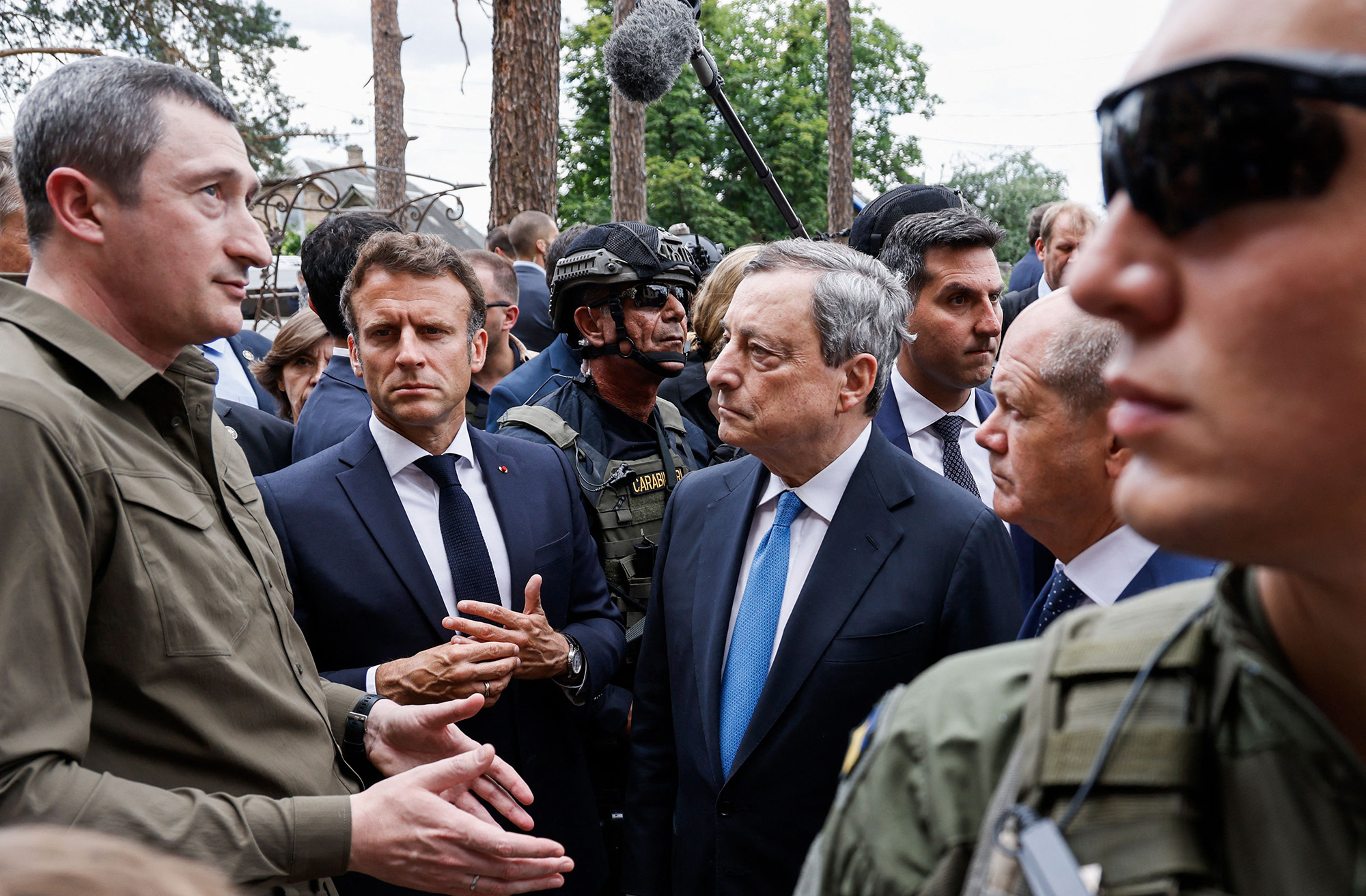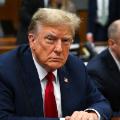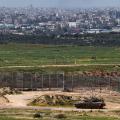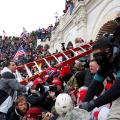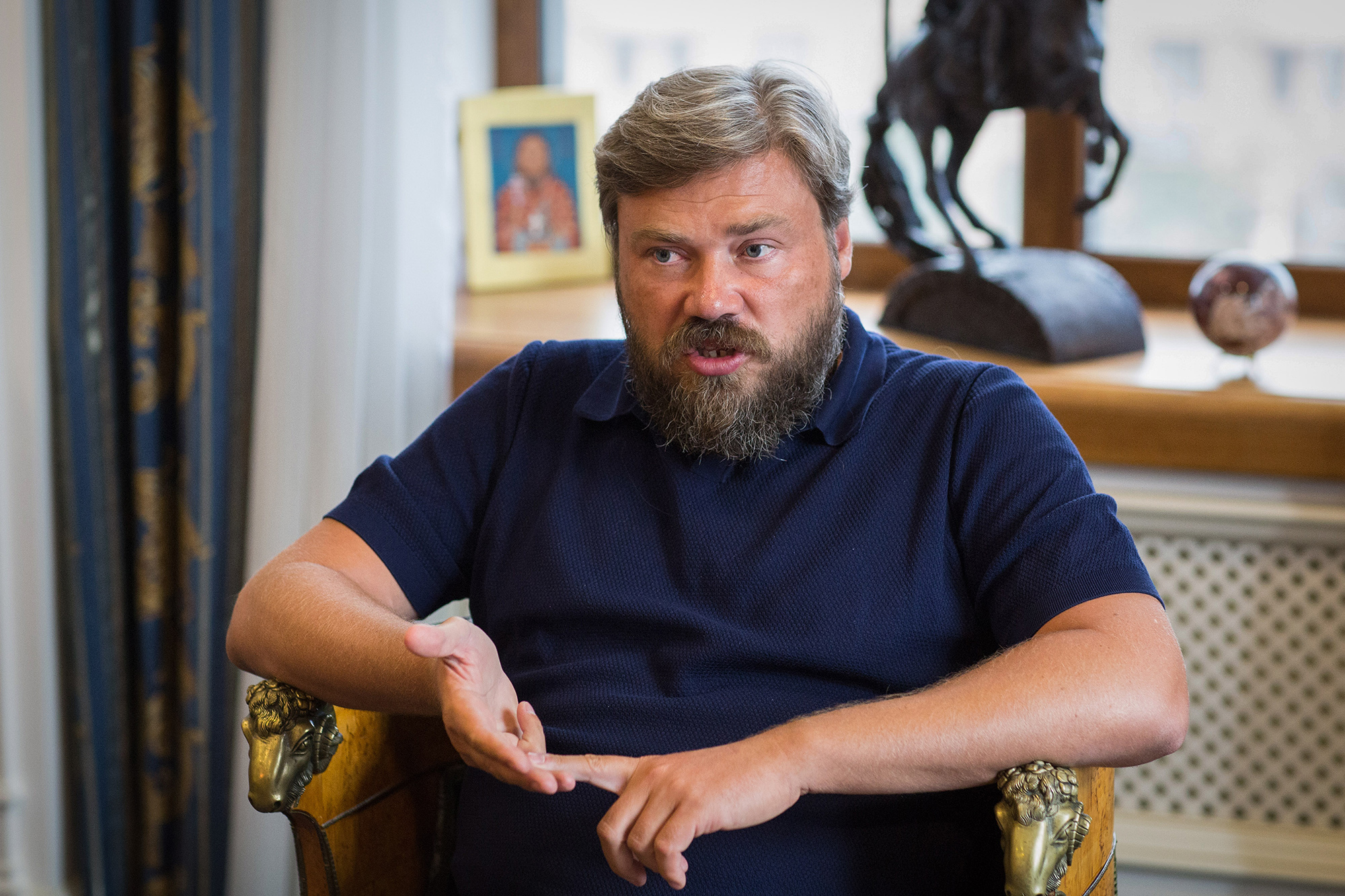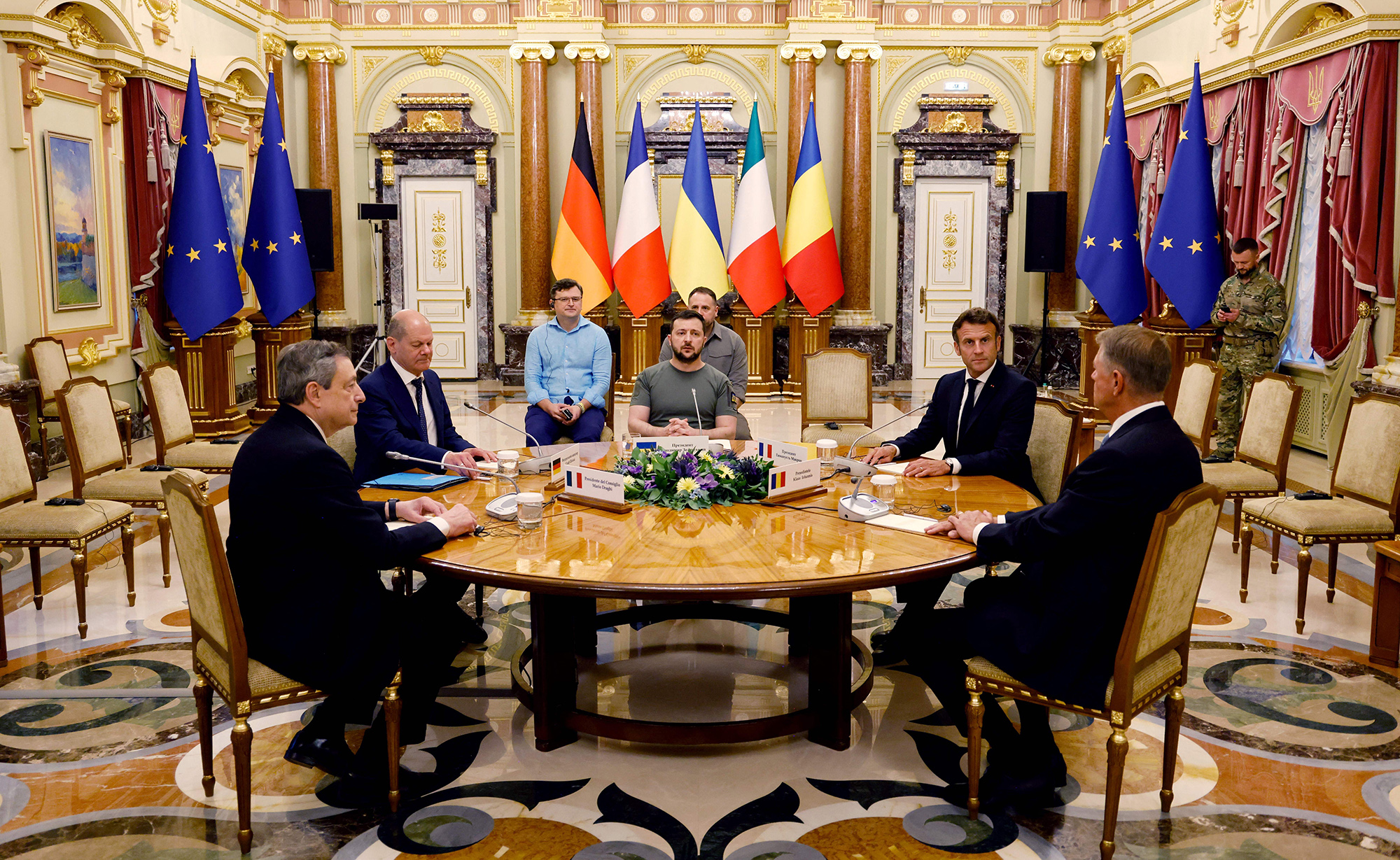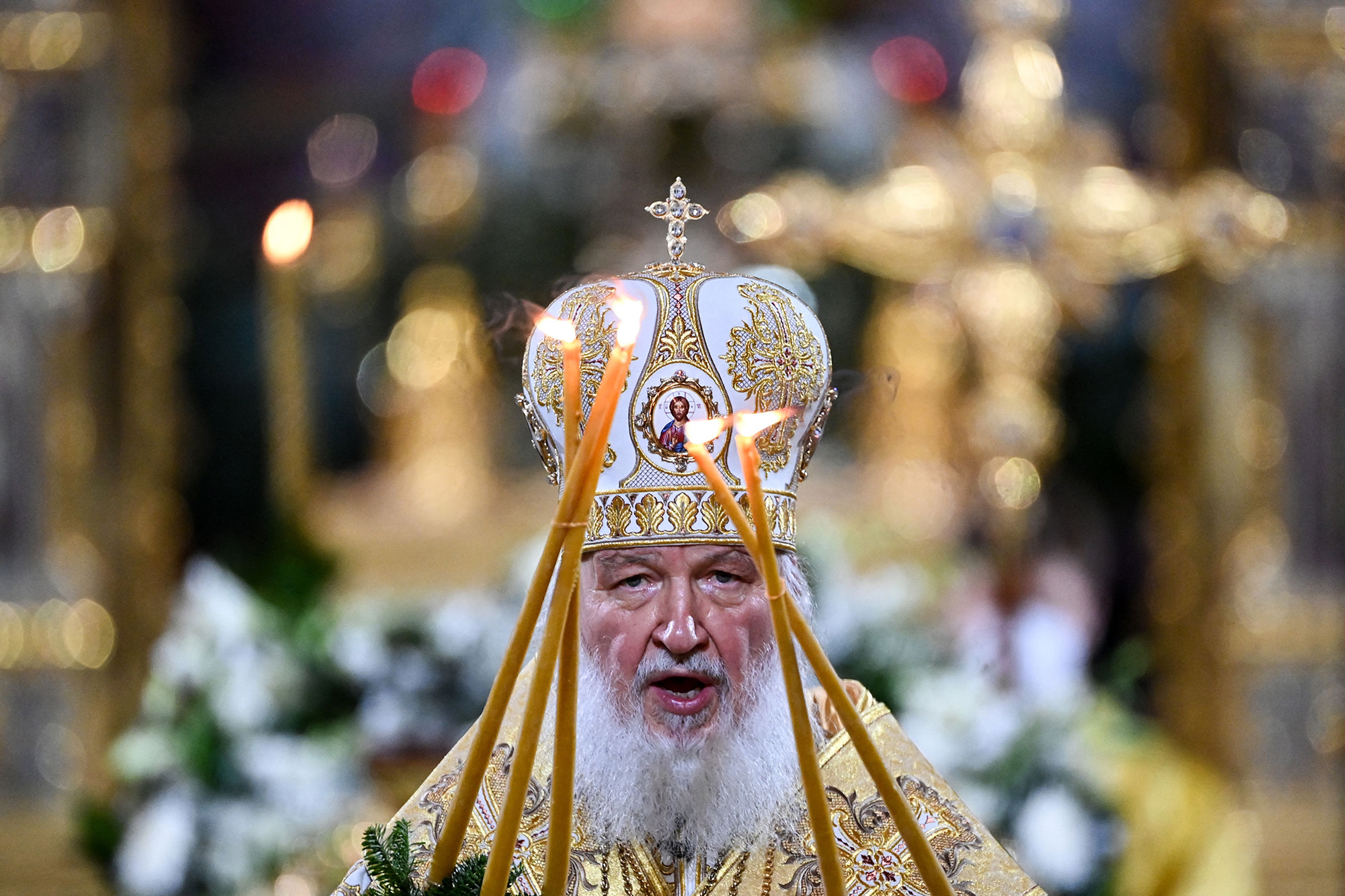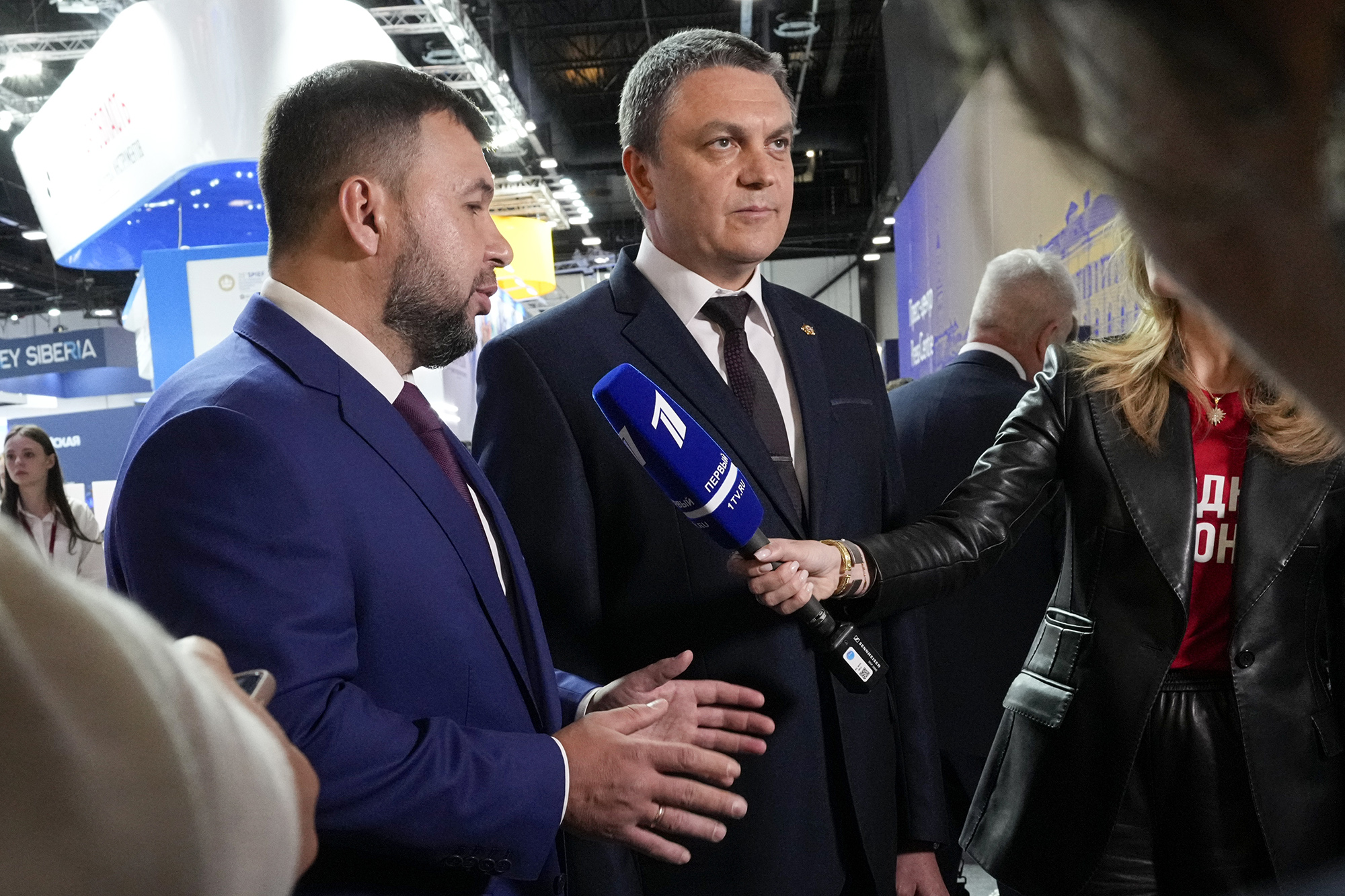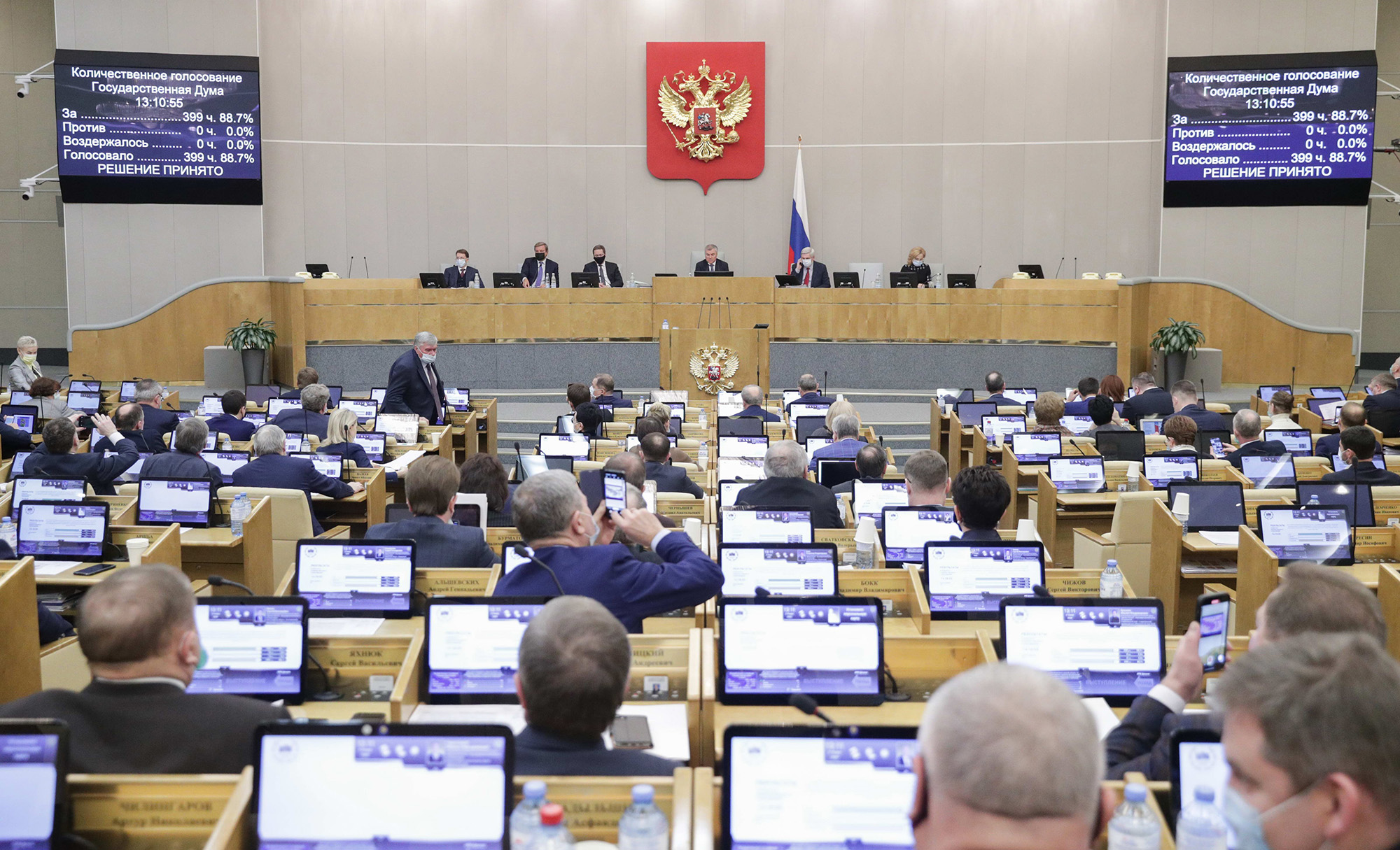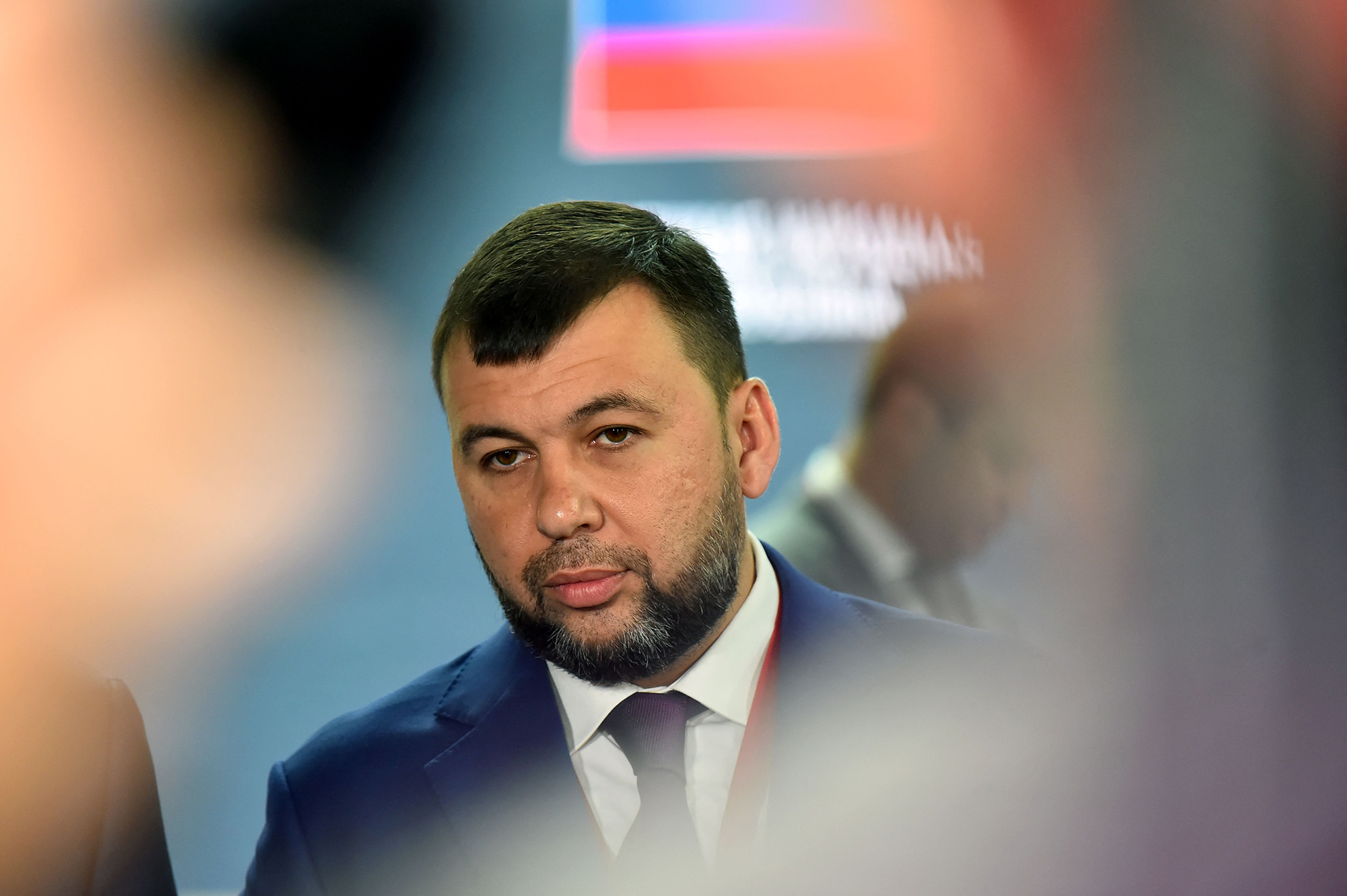The leaders of France, Germany and Italy have arrived in Kyiv for a high profile trip to meet with Ukrainian President Volodymyr Zelensky.
Meanwhile, Ukraine's defense minister said the number of Ukrainians who have died since Russia invaded the country in February likely stands in the tens of thousands.
Here are the latest developments:
European leaders meet Zelensky: French President Emmanuel Macron, German Chancellor Olaf Scholz and Italian Prime Minister Mario Draghi are meeting with Zelensky, during a visit to Kyiv designed to smooth out tensions over what Ukrainian officials perceive as lukewarm support in their fight against Russia. Speaking to reporters on the platform as he arrived at Kyiv train station, Macron told reporters he had a "message of European unity addressed to Ukrainian men and women."
US aid bolsters Ukrainian military: US weapons will help Ukraine recapture Russian-occupied territory, including Crimea and Donbas, the Ukrainian Defense Minister Oleksiy Reznikov told CNN's Matthew Chance in an exclusive interview in Brussels. The defense minister said the first step would be stabilization of the situation on the ground to prevent further losses against Russian forces. He said the second stage is to push Russian forces back to their positions before the invasion on February 24, adding the military "will move step by step."
Fighting in the east intensifies: The Russia-backed leader of the self-proclaimed Donetsk People’s Republic (DPR) in eastern Ukraine said on Thursday that his fighters will push beyond the borders of the Donetsk region. “The West's supplies of new weapons to Ukraine are forcing DPR troops not to stop at the borders of the Donetsk Republic,” Denis Pushilin told Russian State Media RIA Novosti. He added that he wants to see a "referendum" held for his region to join Russia. Huge parts of the Donetsk region are still controlled by Ukraine, most notably the population centers of Kramatorsk and Slovyansk.
UK increases sanctions on Russia: Britain on Thursday sanctioned the head of the Russian Orthodox Church, Patriarch Kirill, for his "prominent support of Russian military aggression in Ukraine," the UK Foreign Office said in a statement. Patriarch Kirill has been sanctioned alongside several of Russian President Vladimir Putin's allies and military commanders. The announcement came two days after Russia published an updated “stop list” banning a total of 49 British citizens from entering the country, including journalists, UK military officials, defense contractors and members of parliament.
China reaffirms support for Russia: Chinese leader Xi Jinping reiterated his support for Moscow on "sovereignty and security" matters in a call with counterpart Vladimir Putin on Wednesday, upholding his backing for the countries' partnership despite the global backlash against Russia's invasion of Ukraine. Speaking on his 69th birthday, Xi also pledged to deepen strategic coordination between the two countries, according to China's Foreign Ministry.
